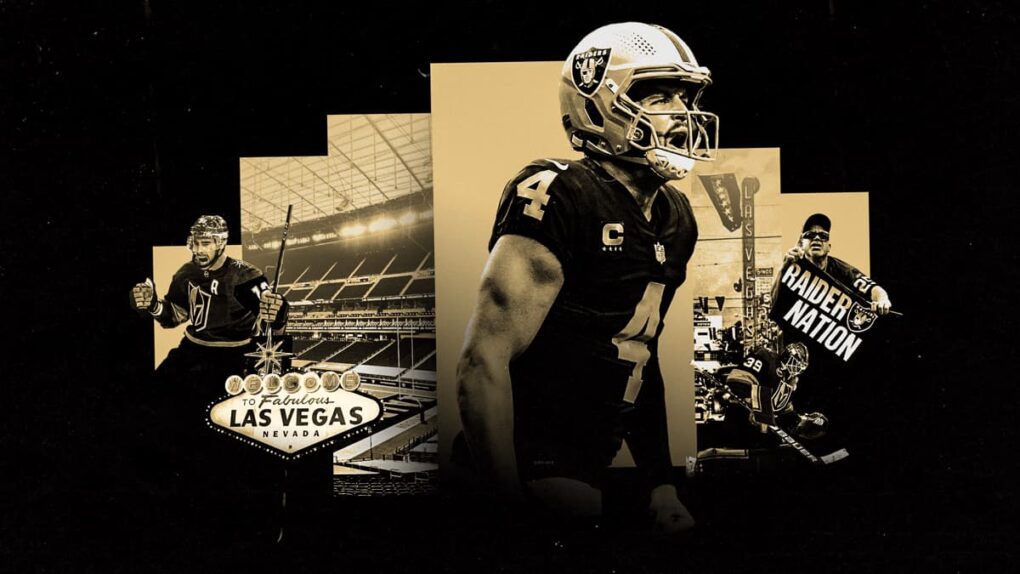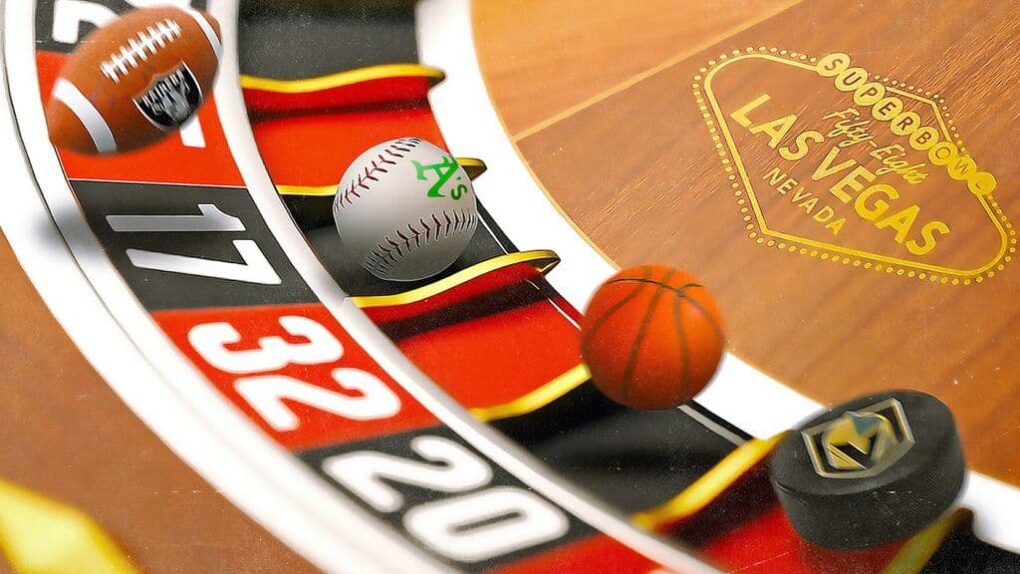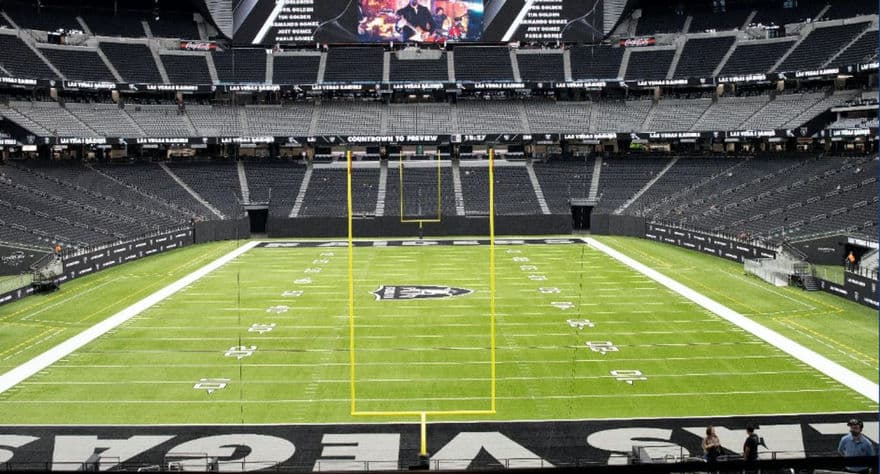The American sports landscape is undergoing a seismic shift, driven by a technological revolution with: decentralized sports betting (DSB). Gone are the days of smoky backrooms and Las Vegas oddsmakers holding all the cards. Today, a new era of transparency, accessibility, and fan empowerment is dawning, fueled by blockchain technology and the rise of DSB platforms.This delicious journey has explored some regional gems of the holiday drink world. So, this season, embrace the spirit with a mug of hot buttered rum in New England, a steaming glass of spiced cider in the Mid-Atlantic, or a decadent eggnog in the South. No matter your preference, there’s a perfect festive drink waiting to warm your soul and quench your thirst.
Aug. 3, 1921
Baseball commissioner Kenesaw Mountain Landis institutes permanent bans on eight Chicago White Sox players following accusations of throwing the 1919 World Series in cooperation with sports gamblers. This decision comes despite the previous day’s acquittal by a Chicago jury of seven players on charges of conspiracy to defraud. The events of this saga were immortalized in the 1988 film “Eight Men Out,” and baseball maintains its steadfast prohibition on gambling among its players, a policy upheld to this day.
1951
Nevada’s legalization of gambling extends to include sports betting. For decades, the state’s casinos stand as the sole legal venues in the United States for placing sports bets.
In 1951, thirty-two college basketball players from seven schools confess to accepting bribes to manipulate 86 games across 17 states between 1947 and 1950. Among them are seven players from the City College of New York team, which made history in 1950 by clinching both the NCAA and NIT titles in the same season. Floyd G. Layne, co-captain of the City College of New York basketball team, is photographed flanked by two detectives at the Elizabeth Street police station in New York City on Feb. 27, 1951.
In an effort to curb the proliferation of legal sports gambling beyond Nevada, the federal government imposes a 10 percent tax on the revenue generated by legal sports betting in the state in 1951. This move triggers a significant downturn in Nevada’s betting industry.
1961
On Sept. 13, 1961, President John F. Kennedy signs the Federal Wire Act into law to combat organized crime’s involvement in bookmaking. This legislation prohibits the use of wire communications for interstate sports gambling and continues to shape the regulation of sports gambling, remaining within the jurisdiction of states rather than the federal government.

1974
In 1974, the federal government reduces its tax on sports betting in Nevada from 10 percent to 2 percent, prompting casino operators to explore offering new avenues for Americans to legally bet on sports.
1975
The first sportsbook inside a Las Vegas casino debuts at the Union Plaza in 1975. The following year, bookmaker Frank “Lefty” Rosenthal launches a sportsbook at the Stardust, setting the standard for future sportsbooks with six large television screens and seating for 300. Robert De Niro later portrays a character inspired by Rosenthal in the 1995 film “Casino.”
1976
In 1976, oddsmaker Jimmy “The Greek” Snyder joins CBS’s “NFL Today” pregame show, providing forecasts for the day’s games. Despite NFL restrictions on discussing point spreads at the time, Snyder offers predictions on final scores until his dismissal in 1988 due to racist remarks made during a television interview.
1983
In 1983, the federal government further reduces its tax on legal sports bets in Nevada to 0.25 percent, a rate that remains unchanged today. This reduction sparks a proliferation of sportsbooks throughout the state, driven in part by advancements in satellite television technology enabling the broadcast of sporting events from across the country and around the globe.
1989
Cincinnati Reds manager Pete Rose, seen here conversing with reporters on May 14, 1989, faces a permanent ban from Major League Baseball after an investigation reveals his involvement in betting on baseball games, including those featuring the Cincinnati Reds, the team he managed, between 1985 and 1987. Rose’s actions violate an MLB rule prohibiting players and managers from engaging in such bets, a rule that remains in effect today.
On Aug. 24, 1989, MLB’s all-time hits leader Pete Rose receives a lifetime ban from baseball for betting on games, including those involving the Cincinnati Reds, the team he managed from 1985 to 1987. This ban stems from a violation of an MLB rule against players and managers betting on baseball games—a rule that remains in place.
1992
President George H.W. Bush signs the Professional and Amateur Sports Protection Act (PASPA) on Oct. 28, 1992, effectively outlawing sports gambling in states without existing laws permitting it. This makes Nevada the sole state with legal sports gambling.
2006
President George W. Bush signs the Unlawful Internet Gambling Enforcement Act on Oct. 13, 2006, prohibiting companies from knowingly accepting payments related to unlawful online betting. While this legislation responds to the surge in online poker and casino gaming, it exempts fantasy sports, classifying them as skill-based rather than games of chance. This exemption leads to the rise of the daily fantasy industry, which experiences explosive growth.

2007
Former NBA referee Tim Donaghy pleads guilty to two gambling-related felonies on Aug. 15, 2007, following an FBI investigation revealing his betting on NBA games, including those he officiated. Donaghy also provided other gamblers with information regarding referee assignments, referee-player relationships, and player health. He serves a 15-month prison sentence as a result.
2009
In March 2009, New Jersey initiates its first federal lawsuit seeking to overturn PASPA, arguing that it infringes upon the 10th Amendment’s protection against federal anti-commandeering laws. Despite opposition from major U.S. sports leagues and the NCAA, New Jersey’s legal efforts to legalize sports gambling eventually escalate to the Supreme Court, culminating in the case titled Murphy v. National Collegiate Athletic Association, which the court agrees to hear in June 2017.
2018
On January 30, 2018, the American Gaming Association estimates that Americans will collectively wager approximately $4.76 billion on Super Bowl LII between the New England Patriots and Philadelphia Eagles, with an overwhelming $4.6 billion (97 percent) of that amount placed illegally.
The tide turns on May 14, 2018, as the Supreme Court invalidates PASPA, ruling it inconsistent with the Constitution and granting states autonomy to establish their own sports gambling regulations in the absence of federal oversight.
Delaware takes the lead on June 5, 2018, by accepting single-game sports wagers, becoming the first state to seize the opportunity presented by PASPA’s repeal. By the end of 2018, several other states, including New Jersey, Rhode Island, Mississippi, West Virginia, New Mexico, Arkansas, and Pennsylvania, either commence sports betting operations or vote to legalize the practice. Presently, 30 states and the District of Columbia permit sports gambling, with five more states poised to join them in the near future.
On August 6, 2018, DraftKings pioneers online sports betting outside of Nevada, launching its first bets over the internet in New Jersey. Subsequently, numerous other sports gambling operators follow suit in New Jersey and other states.
2021
In April 2021, the NFL, after years of opposition to legalized sports gambling, announces its inaugural marketing agreements with three sports gambling providers, anticipating approximately $270 million in revenue within the first year. Similarly, the other major U.S. sports leagues also secure deals with legal bookmakers.
A significant milestone is reached on May 26, 2021, with the inauguration of the first sportsbook inside a U.S. stadium at Capital One Arena in Washington.
In 2021, legal sports gambling generates $4.33 billion in revenue for operators, marking a staggering 179.7 percent increase from the previous year.
2022
On March 7, 2022, the NFL indefinitely suspends Atlanta Falcons wide receiver Calvin Ridley for betting on NFL games during a period when he was absent from the team to focus on his mental health. Despite the widespread legalization of sports betting, NFL players and personnel remain prohibited from gambling on sporting events.

On April 20, 2022, Colorado Rockies outfielder Charlie Blackmon becomes the first MLB player to secure a partnership with a legal sports gambling operator following the league’s approval of such agreements in its newly ratified CBA. Notably, Pete Rose remains banned from baseball.
A July 8, 2022, Washington Post-University of Maryland poll reveals that 66 percent of Americans approve of legal sports gambling, marking a substantial increase from 55 percent in 2017 and 41 percent in 1993.
